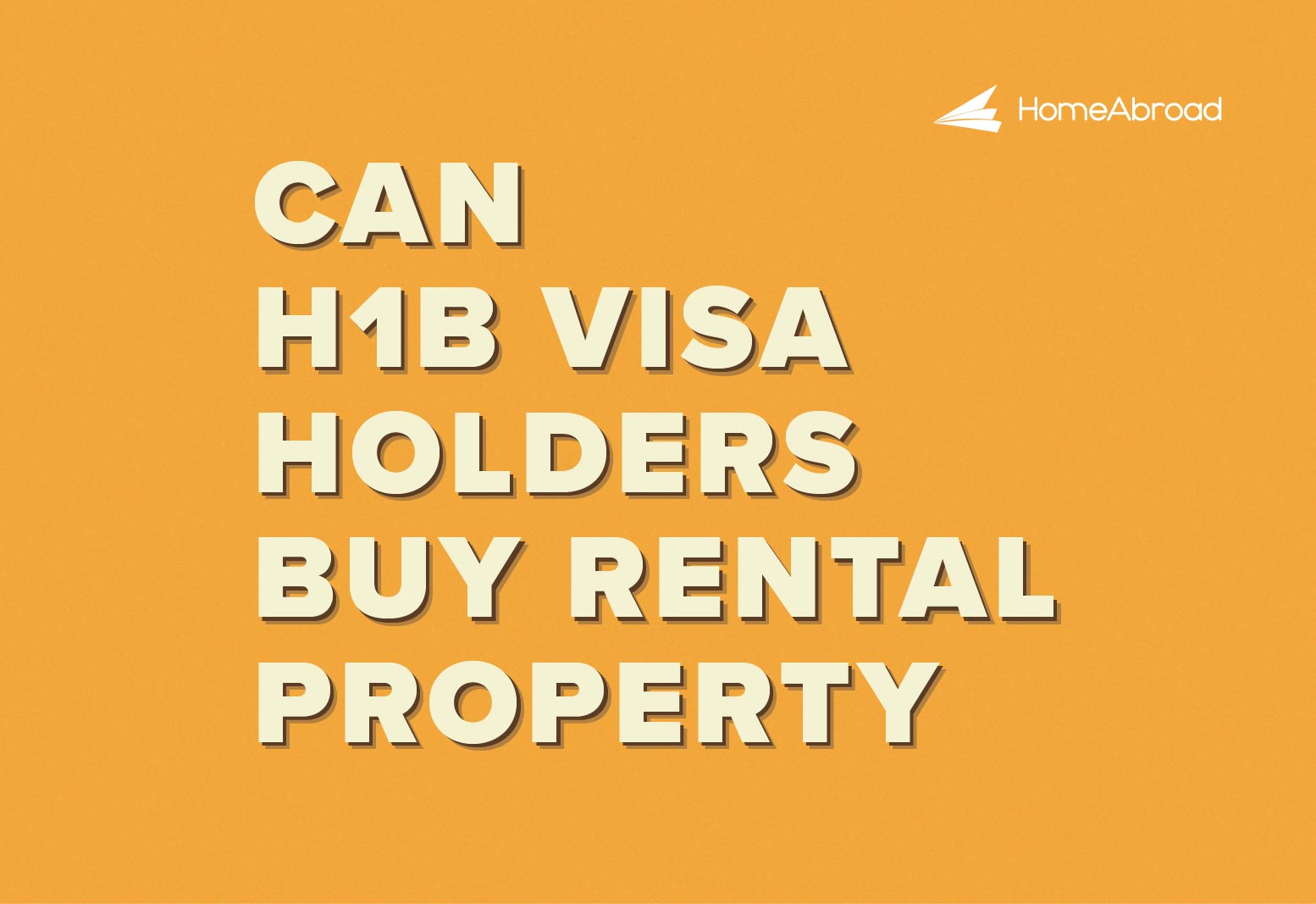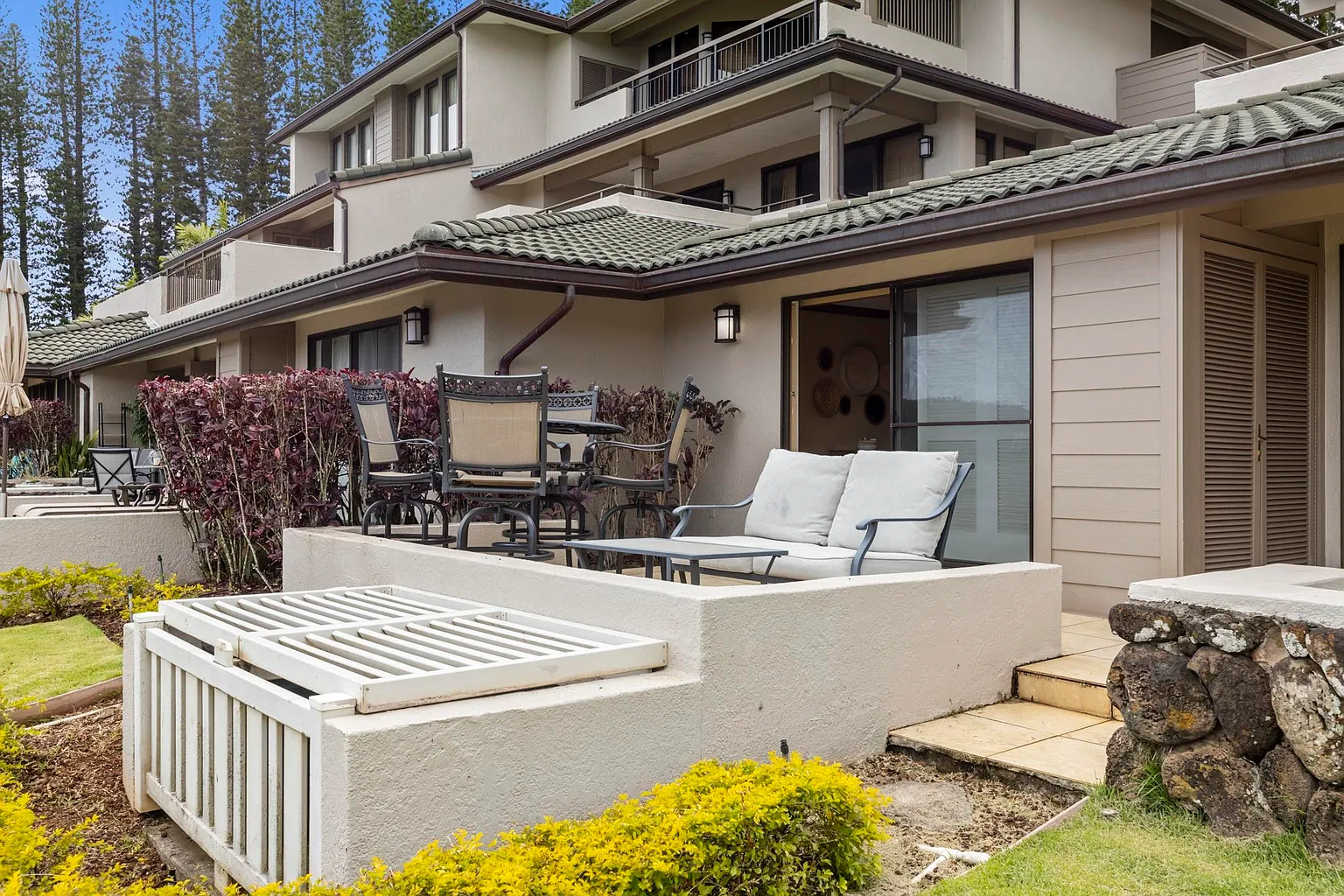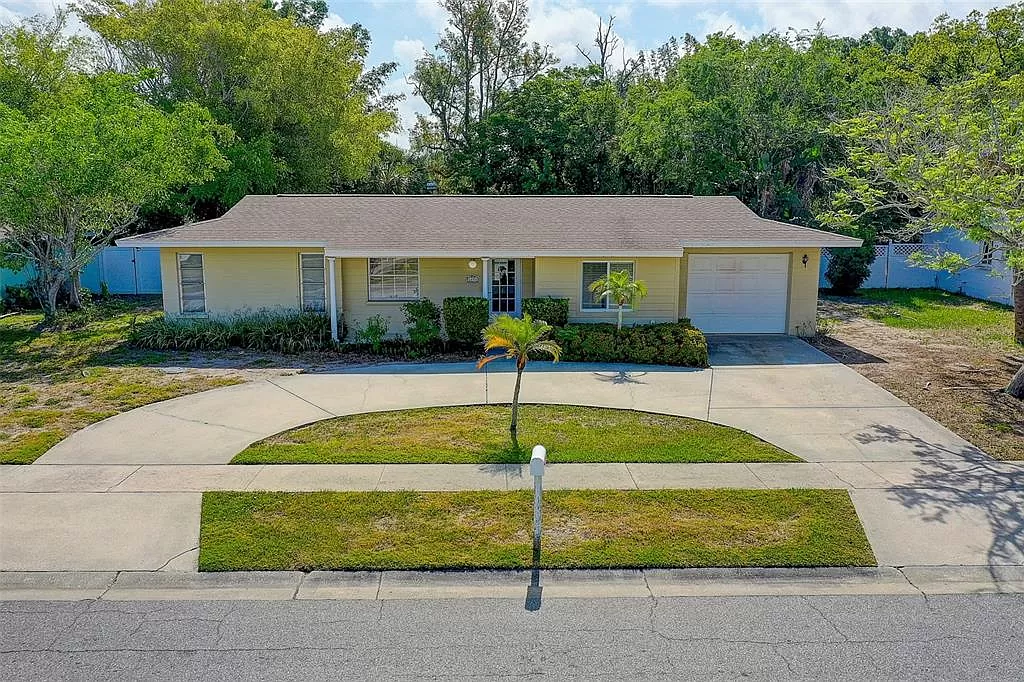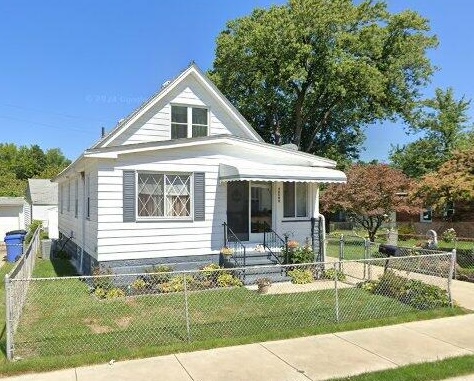Unlocking the American dream of homeownership as an H-1B visa holder may seem challenging initially, but it’s entirely achievable with the right mortgage options.
Having guided many H-1B professionals through this process, I understand the obstacles that can arise when buying a home in the US. However, Fannie Mae and Freddie Mac, two government-backed enterprises, offer mortgage options tailored to make homeownership possible for non-US citizens like you.
In this guide, I’ll walk you through these mortgage policies, eligibility criteria, and the application process, equipping you with the knowledge to navigate your home loan journey confidently. Whether you’re taking your first step or finalizing your dream home, this guide serves as your ultimate roadmap to success!
Table of Contents
Can H1B Visa Holders Qualify for Freddie Mac/Fannie Mae Loans?
H-1B visa holders can qualify for Fannie Mae and Freddie Mac loans. These government-backed enterprises have specific guidelines that allow legal non-US residents, including H-1B visa holders, to apply for mortgages.
Even if you’re not a permanent resident or US citizen, you can explore these loan options as long as you are legally employed and hold a valid job. However, it’s important to note that specific guidelines and eligibility criteria must be met to qualify.
These requirements typically include a credit score of 620 or higher, stable employment history, income stability, debt-to-income ratio, a valid Social Security Number (SSN) or Individual Taxpayer Identification Number (ITIN), and the down payment amount.
Lenders carefully evaluate these factors to determine your financial capacity to manage the mortgage. Some lenders may require higher down payments from non-permanent residents to mitigate additional risk.
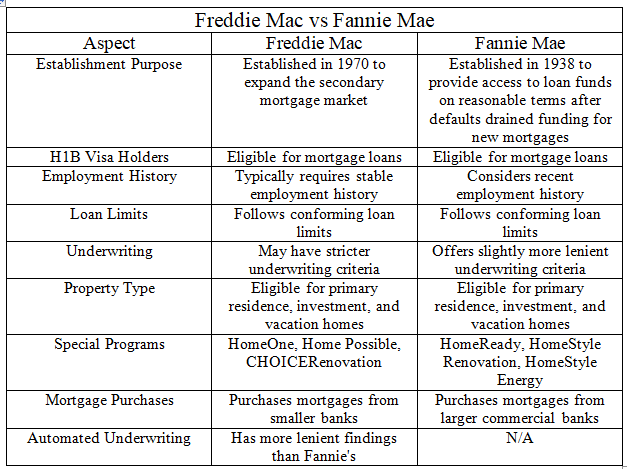
Requirements for Freddie Mac/Fannie Mae H1B Mortgages
To qualify for FreddieMac and FannieMae as an H1B visa holder, you typically need to meet the following criteria:
1. Valid H1B Visa Status
It’s crucial to have a valid H1B visa that permits legal work in the US. This requirement is critical, as these mortgage programs cater specifically to individuals employed in the US.
2. Credit Score: 620 or higher
A strong credit score of 620 or higher is essential for mortgage approval because it offers loan programs for people with established US credit, not newcomers. While specific requirements may vary, a higher credit score generally improves your chances and can qualify you for more favorable terms.
3. At Least 2 Years of Employment
Lenders assess your employment history and stability. Freddie Mac and Fannie Mae typically prefer at least two years of continuous employment in the US, including working on an H1B visa.
4. Income Verification
Documentation of your income, such as pay stubs, tax returns, and employment verification, is necessary for both enterprises. Lenders want to ensure you have a consistent income to cover your mortgage payments.
5. Down Payment of 3-20%
Making a down payment is a requirement. While conventional loans often require around 20%, the exact amount may vary based on factors like creditworthiness, loan type, and more. However, the minimum down payment for Freddie Mac and Fannie Mae is 3%.
6. A Debt-to-Income Ratio of 43%
Lenders consider your DTI, the percentage of your monthly income allocated to debt payments. A lower DTI, typically around 43% or lower, is preferable for Freddie Mac and Fannie Mae.
7. Residency and Work Authorization
While an H1B visa allows you to work in the US, lenders also want to ensure the reasonable validity of your visa. This provides your employment and income stability to support the mortgage.
8. Property Type and Appraisal
These loans are generally available for primary residences. Investment properties and vacation homes may have different criteria. The property you’re purchasing must be appraised to determine its value and ensure it meets lender requirements.
Considering these factors, you can navigate the mortgage process more effectively and increase your chances of securing a loan for your dream home.
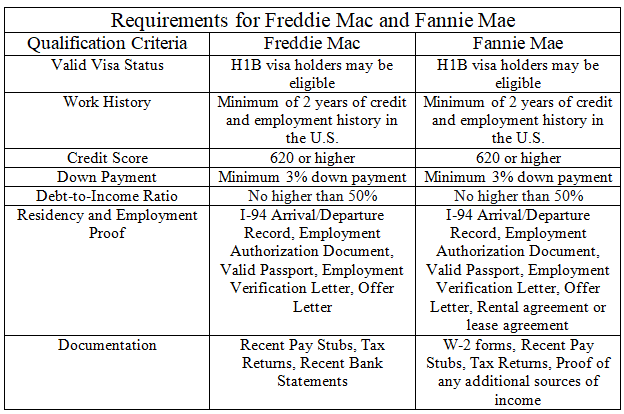
Application Process for Freddie Mac/Fannie Mae Loans
Getting a mortgage as an H1B visa holder with Freddie Mac and Fannie Mae involves a series of steps to make your home-buying journey smooth and successful. Here’s a detailed overview of the process:
1. Research and Preparation
- Understand the eligibility criteria and requirements for H1B visa holders applying for a mortgage under the Freddie Mac and Fannie Mae programs.
- Gather necessary documents, such as proof of employment, income, credit history, and legal status in the US.
2. Choose a Lender
- Work with a lender who is experienced with assisting non-US citizens and understands the specific needs of H1B visa holders.
3. Pre-qualification
- Contact the chosen lender to begin the pre-qualification process.
- Provide your financial information, including income, debts, and credit score.
- The lender assesses your financial profile and determines the potential loan amount you may qualify for.
4. Property Search
- Start searching for homes within your budget and desired location.
- Remember the property type you’re interested in (primary residence, investment property, or vacation home).
5. Purchase Agreement
- Once you’ve found a suitable property, draft a purchase agreement with your real estate agent.
- The purchase agreement outlines the terms of the sale, including the price, contingencies, and closing date.
6. Loan Application
- Submit a formal loan application to your lender.
- Provide all required documentation, including proof of employment, income, visa status, tax returns, and bank statements.
7. Underwriting
- The lender reviews your application and documentation to ensure it meets Freddie Mac’s and Fannie Mae’s guidelines.
- A professional underwriter assesses your financial stability and creditworthiness.
8. Appraisal and Property Approval
- The lender orders an appraisal to determine the property’s value.
- The appraisal report influences the loan amount and ensures the property meets the required standards.
9. Loan Approval
- Upon successful underwriting and property approval, the lender grants loan approval.
- You receive a commitment letter detailing the terms and conditions of the loan.
10. Closing Preparations
- Review the closing disclosure, which outlines the final terms of the loan and associated costs, to prepare for the closing process.
- Secure homeowners insurance and fulfill any remaining conditions from the lender.
11. Closing
- Attend the closing meeting with the seller, real estate agent, and possibly an attorney.
- Sign the necessary documents, including the mortgage agreement and other legal forms.
12. Ownership Transfer
- The property ownership is officially transferred to you, and you receive the keys to your new home.
- Begin the process of moving in and making the property your own.
Navigating the application process for H1B visa holders can be smoother with the guidance of experienced mortgage professionals. Being well-prepared with the required documentation and understanding the steps involved will facilitate a successful journey toward homeownership in the United States.
Importance of Fannie Mae and Freddie Mac for H1B visa holders
Fannie Mae and Freddie Mac are crucial in helping H1B visa holders achieve homeownership in the US. As government-sponsored enterprises (GSEs), they provide access to mortgage financing, making it easier for non-citizens to secure loans. Here’s why they matter:
1. Key Players in the Mortgage Market
Fannie Mae and Freddie Mac dominate the US mortgage landscape, offering a range of financing options tailored to different borrower needs. H1B visa holders can also access specialized mortgage products such as:
- Conventional Fixed-Rate Mortgages: Fixed payments over the entire loan term.
- Adjustable-Rate Mortgages (ARMs): Lower initial rates with periodic adjustments.
- Low Down Payment Options: Making homeownership more accessible.
- HomeReady and Home Possible Programs: Designed for low-to-moderate income borrowers.
- Cash-Out Refinance: Unlock home equity for financial flexibility.
- Renovation Loans: Fund home renovations, improvements, and upgrades.
- Interest-Only Mortgages: Lower initial payments for financial planning.
- Energy-Efficient Mortgages: Financing for eco-friendly home upgrades.
- Manufactured Home Loans: Mortgage options for factory-built homes.
- Second Home and Investment Property Financing: For those looking to invest in real estate.
- Conforming Loan Limits: Ensuring access to affordable lending.
2. Favorable Loan Terms and Interest Rates
Fannie Mae and Freddie Mac offer higher loan-to-value (LTV) ratios, allowing H1B visa holders to purchase homes with a lesser down payment. This is particularly beneficial for financially stable individuals who may not have substantial savings.
Additionally, access to fixed-rate mortgages provides predictable monthly payments, offering peace of mind, especially for those on temporary work visas who seek financial stability in an unfamiliar market.
3. Affordable and Stable Housing Solutions
Both enterprises are committed to supporting low and moderate-income borrowers. Their programs align well with the financial needs of early-career professionals on H1B visas, ensuring homeownership remains easily accessible.
With fixed interest rates and stable loan terms, these mortgage options provide much-needed financial security, whether you’re just beginning your journey in the US or planning to build a long-term future here.
For H1B visa holders, Fannie Mae and Freddie Mac are essential pillars in the path to homeownership. Their wide range of mortgage options, flexible terms, and affordability make buying a home in the US more accessible, even for those on temporary work visas. Whether settling down or investing, these programs support turning your homeownership dreams into reality.
Mortgage Options for H1B Visa Holders with No/Thin US Credit History
Having guided H1B visa holders throughout the years to achieve their US dream homeownership, I have witnessed many newcomers struggling with mortgage approvals due to a lack of a US credit history. However, there are options available to help H1B visa holders secure financing.
While Fannie Mae and Freddie Mac are the best mortgage options for H1B visa holders with an established US credit history, those without one can explore HomeAbroad’s tailored US Newcomer Mortgage as an alternative for purchasing a primary residence.
| Feature | US Newcomer Mortgage (Primary Residence) | FHA Loan |
|---|---|---|
| Credit History Requirement | No US credit history required – alternative documentation accepted | Requires a credit score of 620 or higher |
| Homeownership Timeline | Immediate home purchase upon arrival | Must wait to build US credit first |
| Equity Building | Start building equity right away | Delayed equity building |
| Visa Holder Flexibility | Tailored for H1B visa holders and other non-permanent residents | Available but with strict qualification rules |
| Future Refinancing | Can refinance later for better terms | Refinance options available |
This makes the US Newcomer Mortgage a faster and more flexible alternative for H1B holders seeking to buy primary residences without an established US credit history.
If you’re an H1B visa holder looking to buy an investment property in the US, HomeAbroad offers Foreign National Mortgage options without requiring a US credit history. Start investing in US real estate today with HomeAbroad!
Ready to take the next step? Explore our H1B Visa Mortgage Guide to find the perfect financing solution for your dream homeownership today!
Conclusion
By supporting conventional mortgage loans, Fannie Mae and Freddie Mac can make your homeownership more affordable. However, their programs are primarily designed for borrowers with established US credit histories, making it difficult for H1B visa holders and newcomers without an established credit history to qualify.
That’s where HomeAbroad comes in. We specialize in providing foreign national mortgages for H1B holders, which don’t require years of established US credit history. Our AI-powered property search and network of 500+ real estate experts help you find the right home in the US while we care for everything else, including LLC set up, US bank accounts, insurance, and more.
With HomeAbroad, buying a home on an H1B visa is simple, stress-free, and achievable. Apply today and start your dream homeownership journey in the US.
FAQs
What types of properties can I purchase using these programs?
The programs generally cover primary residences, allowing H1B visa holders to explore various property options.
What are the key benefits of the Fannie Mae and Freddie Mac H1B Visa mortgage programs?
These programs offer the benefit of low down payments and interest rates.
Can I use income from my H1B employment for qualification?
Both programs accept income from the borrower’s current employment under a valid H1B visa.
Is mortgage insurance required?
Mortgage insurance options are available to borrowers with lower down payments, allowing them to secure the mortgage with more affordable terms.




![Fannie Mae/Freddie Mac Mortgages for H1B Visa Holders: Complete Guide [2025]](https://homeabroadinc.com/wp-content/uploads/2023/08/fannie-1-500x325.jpeg)




![How to Buy a House on an H1B Visa [2025]](https://homeabroadinc.com/wp-content/uploads/2021/08/BuyingonH1BVisa-scaled.jpg)
